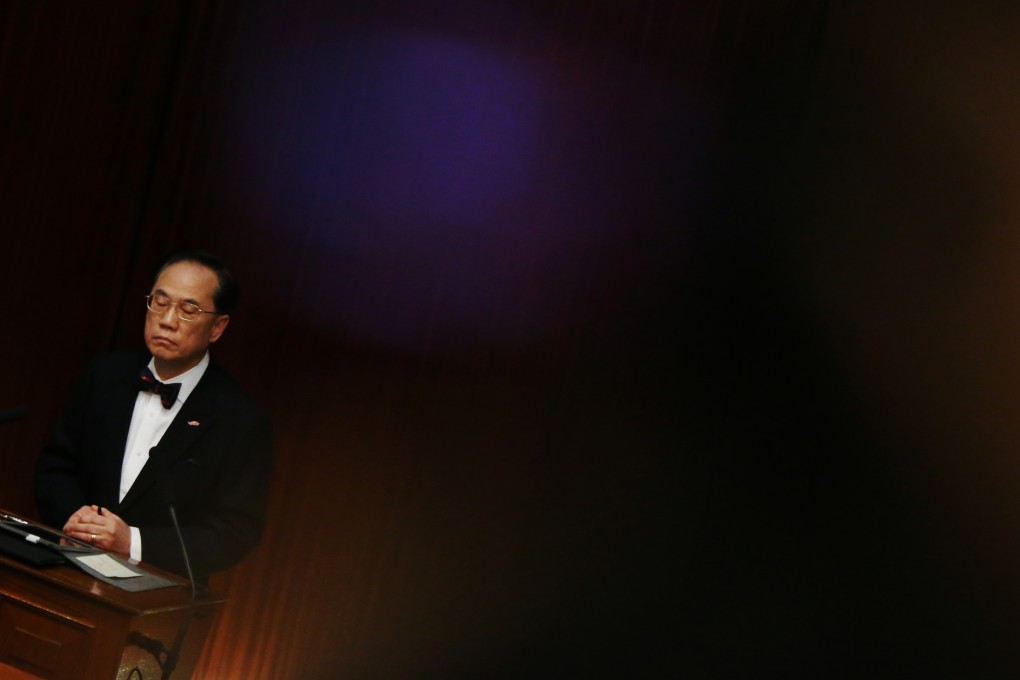Opinion | Hong Kong officials demonstrate how not to lead
Philip Bowring says our officials appear to be writing the book on poor governance with their displays of arrogance, poor judgment, self-protection, inertia and plain folly

At first glance, the story of Donald Tsang Yam-kuen's attempt to visit the pope might seem just a bizarre anecdote about a bureaucrat turned none-too-successful political leader. But, on closer examination, it betrays an attitude of mind which seems all too common in the upper echelons of a civil service born to believe in its right to govern yet also seldom capable of leadership.
Why else would Tsang imagine that should he, as a Catholic, wish to meet the church's leader, this entirely personal matter should be handled any way other than through personal church contacts? Could he really be so innocent of civil service regulations that he would ask such servants to intercede for him - and not with the Vatican authorities but with an Italian politician linked to Silvio Berlusconi?
Could he equally have been so ignorant of the limits of Hong Kong's autonomy in dealing with foreign countries as to attempt to deal with a sovereign state (the Vatican) through Hong Kong's trade representative in Brussels?
It seems status had gone to his head, obliterating his sense of propriety, whether dealing with the church or Shenzhen tycoons. But one should also ask why a civil servant - in this case Duncan Pescod in Brussels and presumably some others in Hong Kong - should have felt unable to point out that Tsang was making a fool of himself and, in any event, exceeding his authority.
Were they too afraid to speak up? Were they unaware that, in any constitutional system, one of the tasks of the top permanent administrative officers is to advise the chief executive (or prime minister) of procedures and the limits of their personal power? Tsang seems to have seen himself as unaccountable generally and the civil servants as more accountable to him personally than to society at large.
Note that we know of all this only thanks to court proceedings in Italy.
Self-protection seems to be built into an elite quasi-masonic structure. For another example, look at what has not happened since the Lamma ferry disaster a year ago. It took a judicial inquiry just six months to come up with a 270-page report following evidence from over 100 witnesses, some of whom found varying degrees of fault both with the captains and those involved in the construction, licensing and operation of the vessels. But the government's own inquiry has been held back by official inertia.
